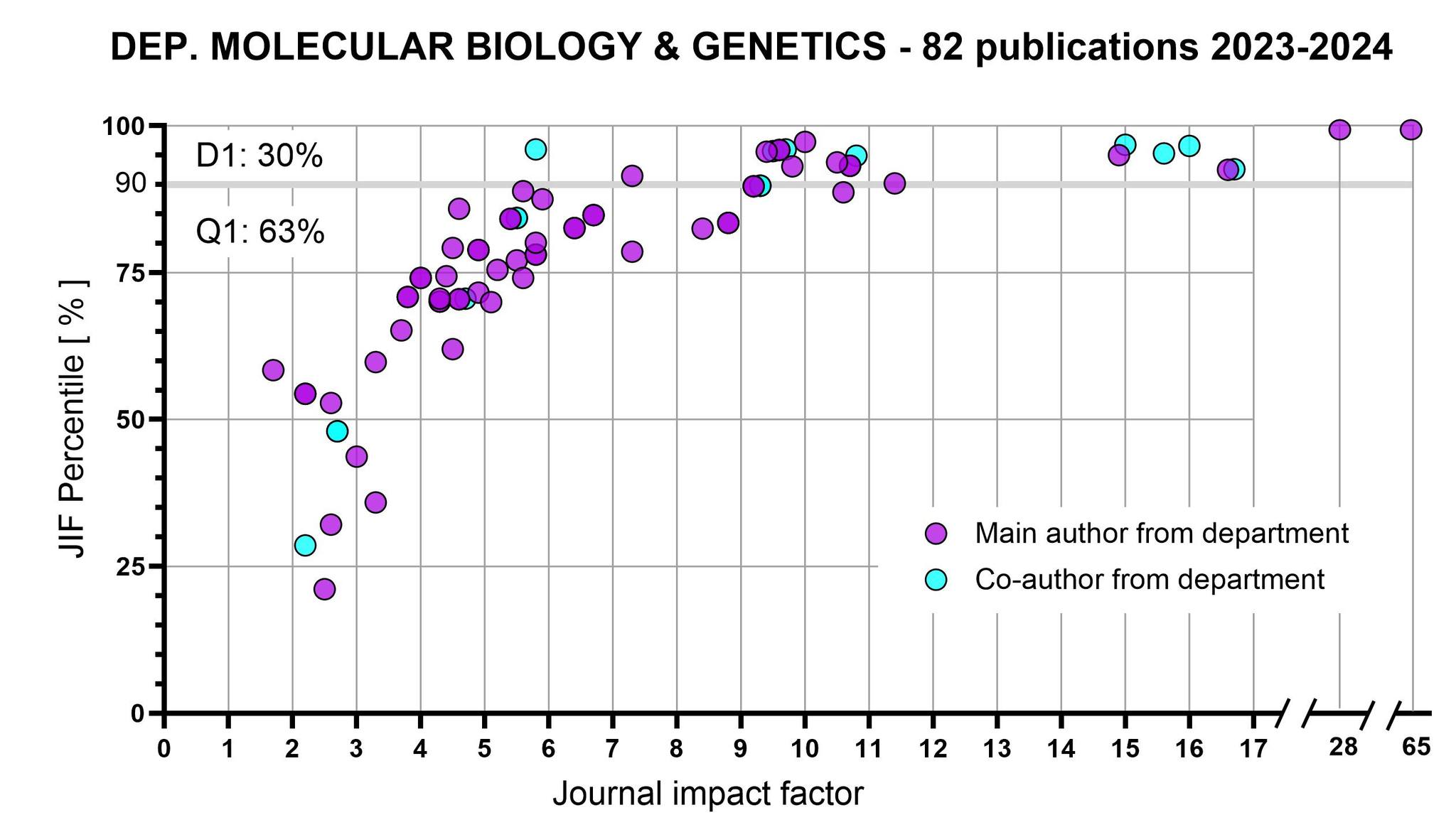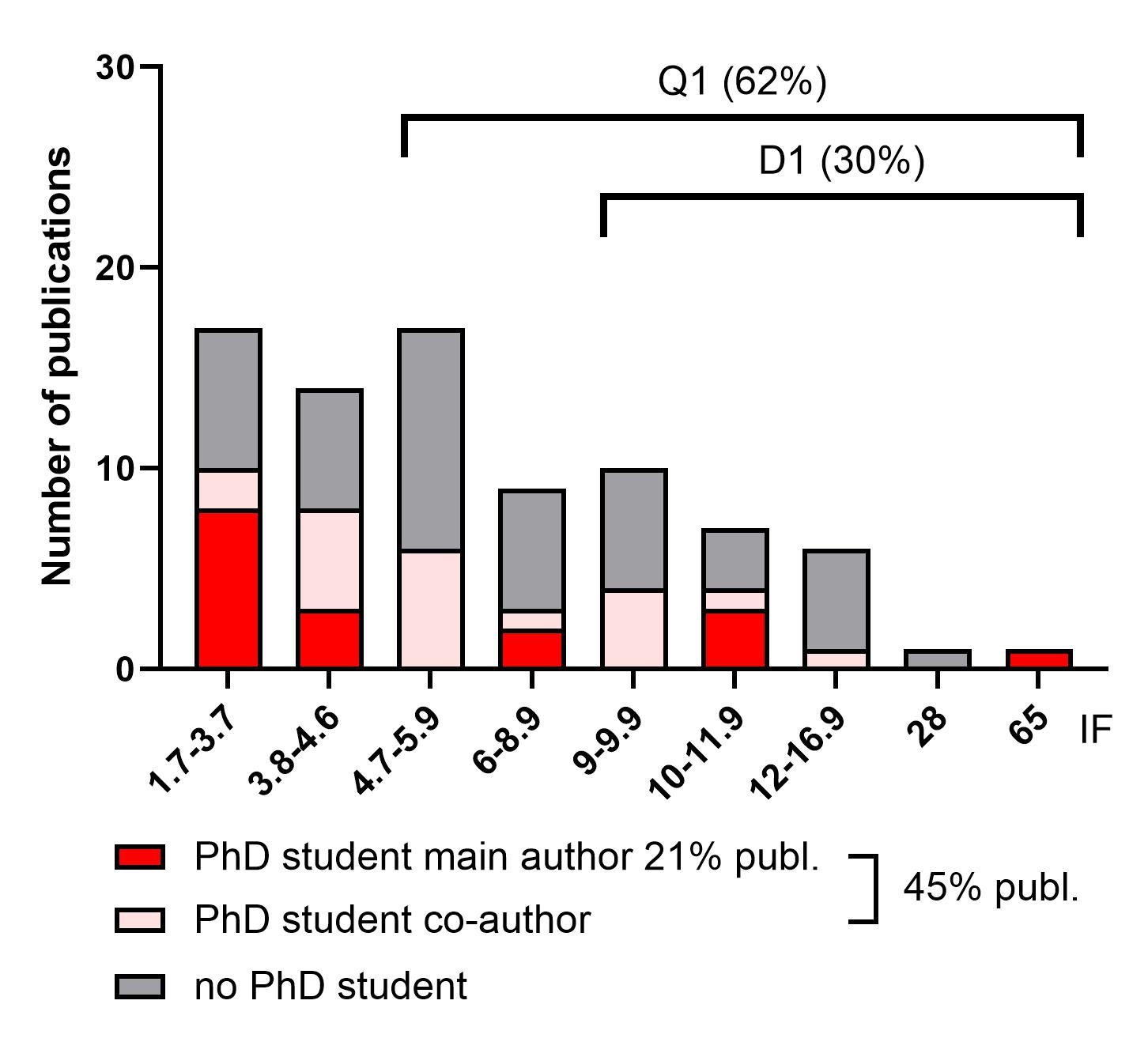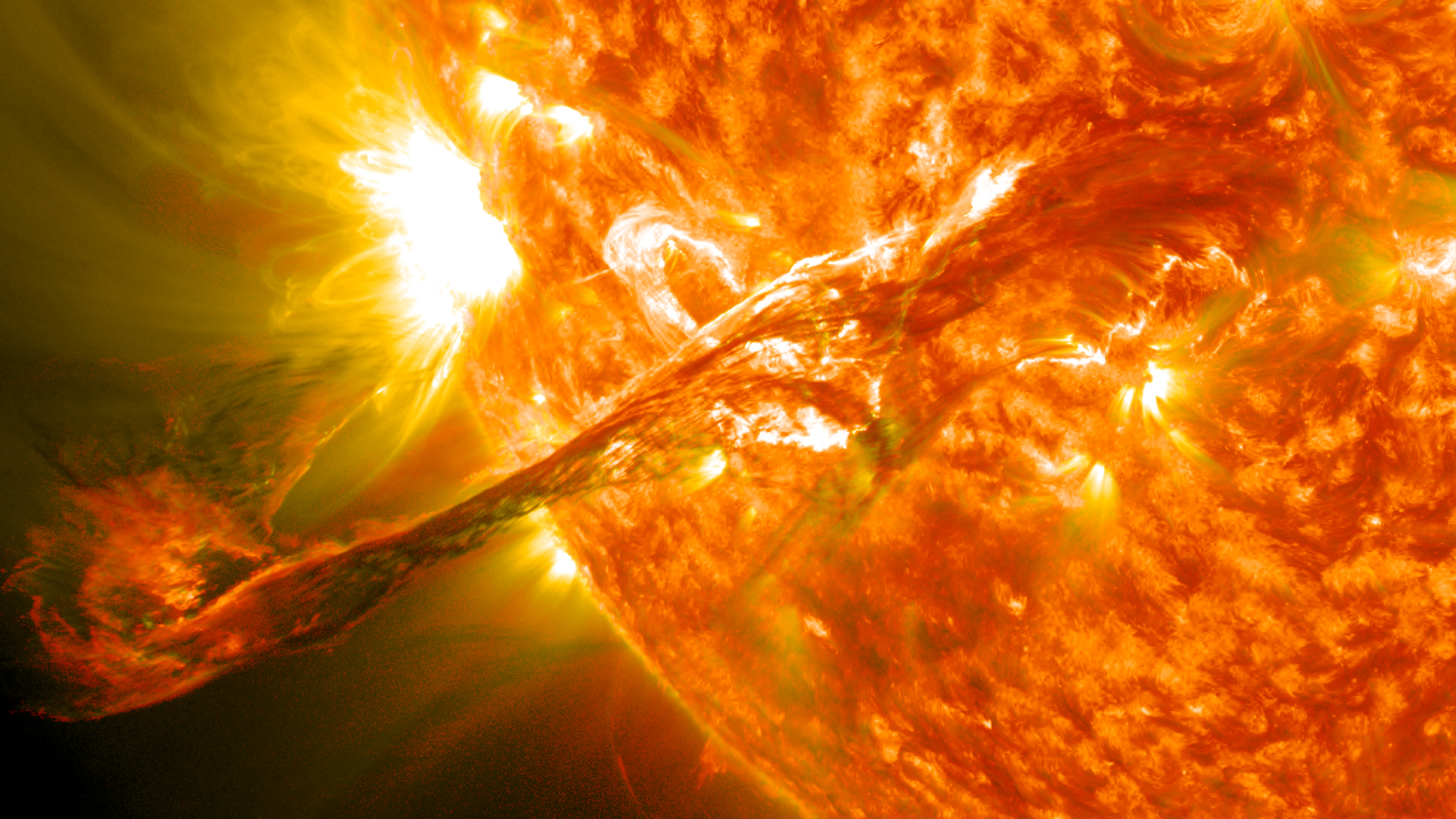Provision of the Faculty Manager
Provision of the Faculty Manager
Read more …Provision of the Faculty Manager
- Hits: 575
Students of cross-border study programmes who are citizens of a Member State of the European Union, have applied to study at FSc USB and were admitted to study at FSc USB, are provided with financial support in the form of an extraordinary scholarship during their studies at the partner university with which the study programme is accredited. This is non-entitlement financial support. The amount of support in a given study program and academic year or semester is determined by the dean of the faculty and may vary. The support is only provided to students who fulfil all study obligations given by the Study and Examination Regulations USB within the deadlines given in the current Provision of the Dean on the Organization of the Academic Year. At the same time, the student must have cleared all obligations to USB.
Article I
Supporting Students in Bachelor's Degree Programmes
Eligibility for this financial support only arises upon the first study of the cross-border Bachelor's programme.
Students of the Biological Chemistry Bachelor's programme receive support in the Winter semester of the 1st year, in the Summer semester they receive support only if they applied for support through the Erasmus programme but did not receive it. In September of the 1st year, support is paid at double the amount to cover initial expenses. It is not necessary to apply for support from September to January of the 1st year (the supporting documents will be prepared by the Study department).
To receive the support from February to May, students must present themselves at the Study Department of the FSci USB by the deadline in the second half of February and submit proof from the foreign partner university that they have completed courses worth at least 20 ECTS credits in the 1st semester of their studies; if they fail to do so by the deadline, the financial support will be stopped.
If a student goes to a foreign partner university again in the 3rd year of his/her bachelor studies, the support is paid for the period of time defined as the shortest necessary duration of stay at the partner university (for the Biological Chemistry programme in the period September to March) only if the student has applied for support under the Erasmus programme and has not received it.
Article II
Supporting Students in Master's Degree Programmes
Eligibility for this financial support only arises upon the first study of a cross-border Master’s programme.
In the 1st year of the Master's programme, or in the first period during which the student is studying at the partner university, support in the amount determined by the Dean is paid from September to January.
To receive the support from February to June, students must present themselves to the Study Department of the FSci USB by the deadline in the second half of February and provide proof from the foreign partner university that they have completed courses worth at least 20 credits in the previous semester of study; if they fail to do so by the deadline, the financial support will be stopped.
Students in the higher years during the standard period of study may apply for support during the period of study at the partner university, for example during the time needed to complete their master's thesis; the dean decides on the granting of support on the basis of an individual application.
Article III
Other provisions
This document replaces the text of 12th July 2024.
In České Budějovice
Prof. RNDr. František Vácha, Ph.D.
Dean of the Faculty of Science USB
Read more …D90 - on financial support for cross-border study programmes
According to the Leiden ranking 2024, the University of South Bohemia has the highest percentage of publications (8.7%) in the first decile of the most prestigious journals among Czech universities. Our Department of Molecular Biology and Genetics has contributed to this success in a significant way, as out of 82 articles published by our department since the beginning of 2023 until April 2024, 30% (!) belong to the first decile of journals in the field of biochemistry, genetics and molecular biology (the main author or authors of the vast majority of articles come from our department). By comparison, the world's top universities, MIT or Princeton, have 23% of their articles in the top decile (in specific fields this may be higher). Although the JIF percentile is only one possible indicator of the quality of science, we wish the scientists in our department to maintain this high standard of science!

Publication database 2023-2024 (as of July)
Our PhD students have made significant contributions to these publications, including those in the first decile, being co-authors on almost half of them, and even first authors on a fifth, including the most prestigious publication.

test stitku 2
Více informací o katedře zde.

Dynamics of the Solar Corona in the Era of Data Intensive Observations
This project aims to establish a close research collaboration between several leading European and South American research institutes specialized in solar physics and to gain new paradigmatic insights into the dynamic processes in the solar atmosphere, through a systematic exchange of researchers and knowledge and joint research efforts using existing data and facilities, including innovative data analysis techniques based on machine learning approaches. The expected scientific impact is a significant advancement in our knowledge of key physical processes occurring in the solar atmosphere, including breakthroughs in unraveling the mechanism of coronal heating, transformational advances in our understanding of impulsive energies such as solar flares and CMEs, significant advances in MHD wave theory, and the first application of machine learning techniques to the study of wave processes in the solar atmosphere.
The project includes four scientific work packages that address specific key challenges in modern solar physics and heliophysics: quasi-periodic pulsations in solar flares, wave heating and coupling to the lower atmosphere, the development of three-dimensional CME morphology, kinematic oscillations of coronal mass exclusion, and a work package for communication and dissemination. Expected economic and technological impacts include gaining direct experience in the analysis of complex oscillatory processes, experience in the design and application of machine learning techniques for pattern recognition, new technologies for the analysis of oscillatory processes, and input parameter diagnostic techniques for space weather prediction models, the establishment of facilities for knowledge exchange with foreign partners with local industries, and the training of highly skilled professionals in numerical modeling and data analysis. The expected societal impact is to strengthen research links between the European and US research communities, to improve public awareness of modern solar and heliophysics research and development issues, and to motivate school students to pursue scientific careers.
COORDINATOR
KATHOLIEKE UNIVERSITEIT LEUVEN, Belgium
Contact: Tom Van Doorsselaere,
BENEFICIARIES
JIHOCESKA UNIVERZITA V CESKYCH BUDEJOVICICH, Czechia
Contact: Petr Jelínek,
UNIVERSITAET GRAZ (GRA), Austria
Contact: Astrid Veronig,
MAX-PLANCK-GESELLSCHAFT ZUR FORDERUNG DER WISSENSCHAFTEN EV, Germany
Contact: Pradeep Chitta,
ASSOCIATED PARTNERS
CONSEJO NACIONAL DE INVESTIGACIONES CIENTIFICAS Y TECNICAS, Argentina
Contact: Andrea Costa,
UNIVERSIDAD NACIONAL DE COLOMBIA, Colombia
Contact: Santiago Vargaz Dominguez,
UNIVERSITY OF NORTHUMBRIA AT NEWCASTLE, United Kingdom
Contact: James McLaughlin,
THE UNIVERSITY OF WARWICK, United Kingdom
Contact: Valery Nakariakov,
WP1: Quasi-periodic pulsations in solar flares
WP2: Wave heating and connection to the lower atmosphere
WP3: Evolution of three-dimensional CME morphology
WP4: Kinematic oscillations of coronal mass ejections
WP5: Communication & dissemination
Programme DynaSun kick-off.PDF
The research was sponsored by the DynaSun project and has thus received funding under the Horizon Europe programme of the European Union under grant agreement (no. 101131534). Views and opinions expressed are however those of the author(s) only and do not necessarily reflect those of the European Union and therefore the European Union cannot be held responsible for them."

This project DynaSun has received funding under the Horizon Europe programme of the European Union under grant agreement (no. 101131534).